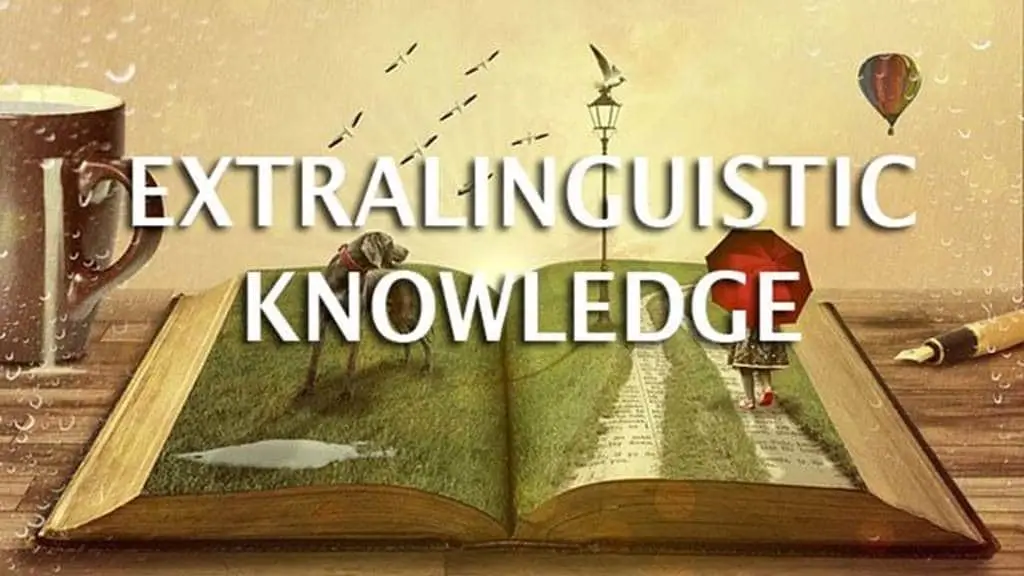Written by Bethany Jamison, NIC
If you have ever requested or received interpreting services, my guess is you have most likely experienced a series of questions. Have you ever wondered, “Why are they asking all of these questions?” Interpreting environments can vary from performances to business trainings to medical procedures. As you can imagine, each setting has a set of norms and/or rules (both spoken and unspoken), as well as specialized jargon. Preparedness is of the utmost importance in navigating these environments. So why all the questions? Extra-Linguistic Knowledge, or ELK.
Let’s define the word extralinguistic. Extrameaning “outside”, and linguistic meaning “language.” Extra-Linguistic Knowledge means any knowledge that is outside of the language itself. Naomi Sheneman, a Certified Deaf Interpreter, states, “As sign language interpreters in the United States, we know English and American Sign Language. Those two languages make up our linguistic knowledge. Everything else is knowledge that we built upon throughout our lives through our experiences, including implicit and explicit learning.” Click here to read the full article.
ELK provides a pathway to success for all parties involved, while complying with ethical business practices. American Sign Language interpreters are overseen by a national organization called the Registry of Interpreters for the Deaf (RID) and are required to adhere to a code of ethics called the Code of Professional Conduct (CPC). Within the CPC, there are seven tenets, and specifically, the second tenet states “Interpreters possess the professional skills and knowledge required for the specific interpreting situation.” An interpreter cannot truly assess if they have the required skill set for an assignment without having key information. Click here to view the entire CPC.
When you call an agency and ask for interpreting services, you might be met with a series of questions like: “What type of appointment is this?”, “How many people are involved?”, and “Do you have prep materials available?” These questions might seem like a nuisance; however, this is critical information. The coordinator for the agency is responsible for gathering as much information as possible to ensure the client’s needs are met successfully. Once received, they can match an interpreter with the appropriate skill set. An interpreter who is experienced in medical interpreting may not be a good match for a technology conference.
Being met with a myriad of questions from an agency or interpreter can seem unnecessary, especially when you have a million other things on your plate demanding your attention. When we understand the importance of ELK, it can provide a smooth exchange and allow for the best outcome possible. When practiced, ELK can be gathered seamlessly with minimal time lost, as this is standard amongst the professionals within the interpreting industry. After reading this, you might have questions of your own. We are here to provide answers!Please visit our website at LTCLanguageSolutions.com or call us at 888-456-1626.


